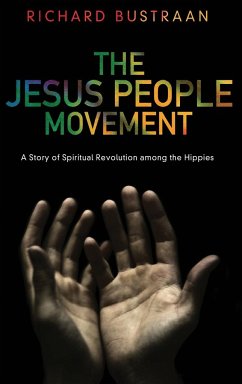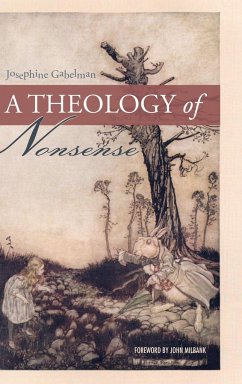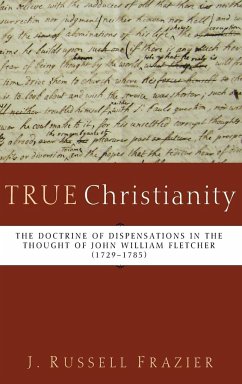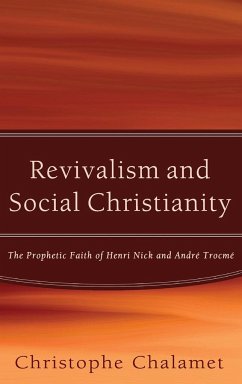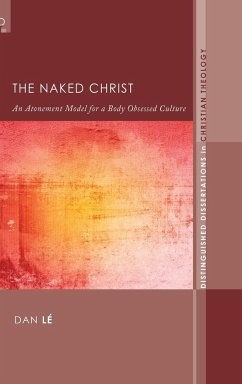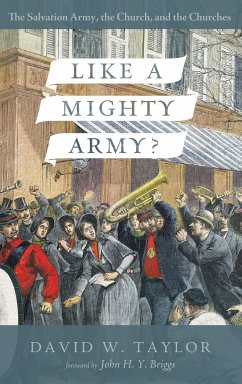
Like a Mighty Army?
Versandkostenfrei!
Versandfertig in 1-2 Wochen
50,99 €
inkl. MwSt.
Weitere Ausgaben:

PAYBACK Punkte
25 °P sammeln!
In 1937, prior to the 1948 inauguration of the World Council of Churches, Karl Barth challenged the churches to engage in ""real strict sober genuine theology"" in order that the unity of the church might be visibly realized. At that time The Salvation Army didn't aspire to being formally known as a church, even though it was a founding member of the WCC. Today it is globally known as a social welfare organization, concerned especially to serve the needs of those who find themselves at the margins of society. Less well known is that seventy years after Barth's challenge it has made its peace w...
In 1937, prior to the 1948 inauguration of the World Council of Churches, Karl Barth challenged the churches to engage in ""real strict sober genuine theology"" in order that the unity of the church might be visibly realized. At that time The Salvation Army didn't aspire to being formally known as a church, even though it was a founding member of the WCC. Today it is globally known as a social welfare organization, concerned especially to serve the needs of those who find themselves at the margins of society. Less well known is that seventy years after Barth's challenge it has made its peace with the view that it is a church denomination. Accepting Barth's challenge to the churches, and in dialogue with his own ecumenical ecclesiology, the concept of the church as an Army is interrogated, in service to The Salvation Army's developing understanding of its identity, and to the visible unity of God's church. ""This is a fine example of the interplay of historical research, theological interrogation, and the analysis of emerging ecclesiastical practice, well illustrating the impact of the mental exercise of historical and theological enquiry upon the practical issues presently confronting the Salvation Army in exploring the nature of its identity and mission in the modern world."" --John H. Y. Briggs, University of Birmingham, Birmingham, UK ""This is a groundbreaking study in both method and content. It explores with real honesty and clarity the identity and ontology of the church as the body of Christ, including a commendation of baptism and the Lord's Supper as ways of Christ's 'self-attestation.' Required reading for theologians and ecumenists."" --Timothy Bradshaw, University of Oxford, Oxford, UK David Taylor is a Salvation Army officer and after thirty years of leadership ministry in a local congregation, currently serves as the Co-ordinator of Higher Education at The Salvation Army's William Booth College in London, United Kingdom.






